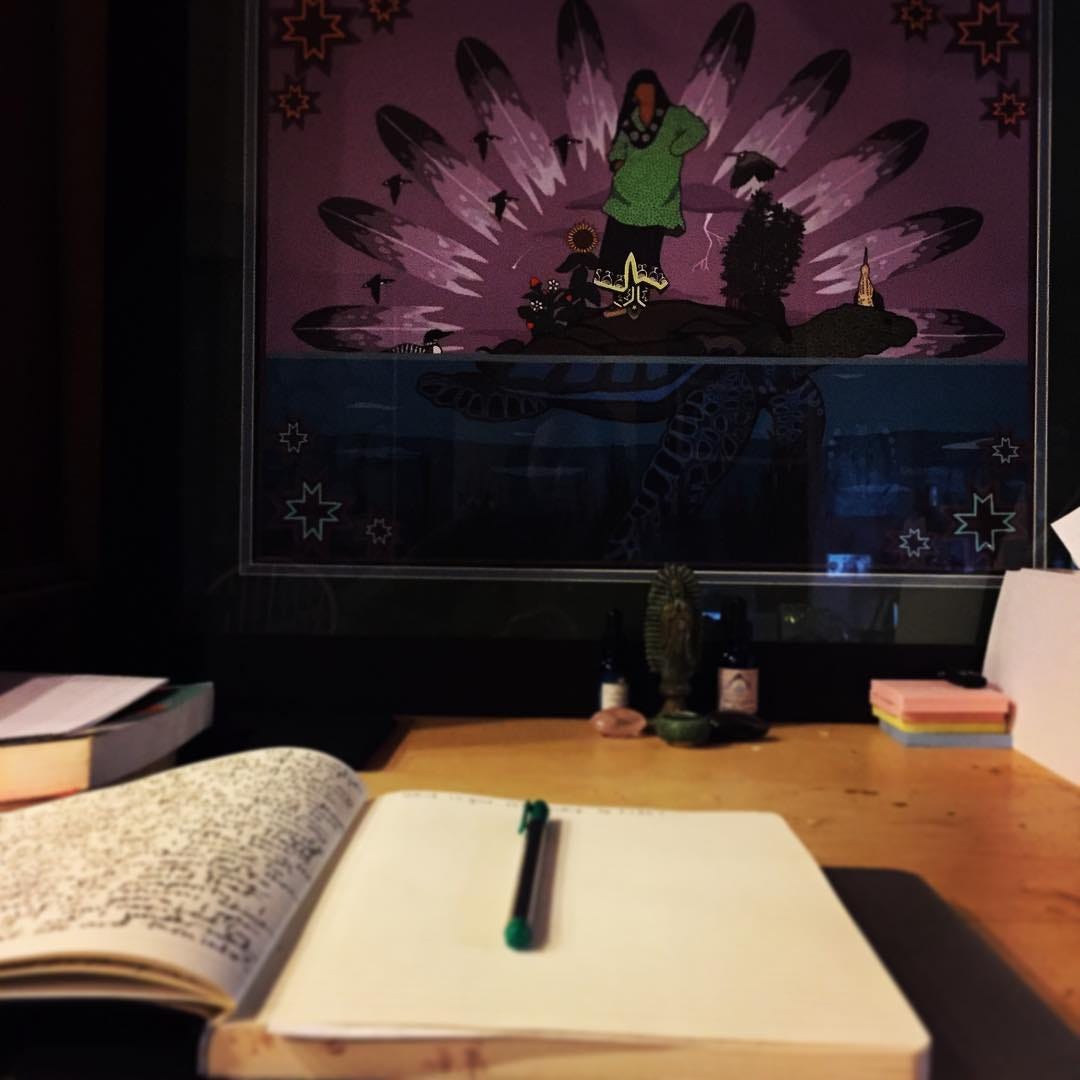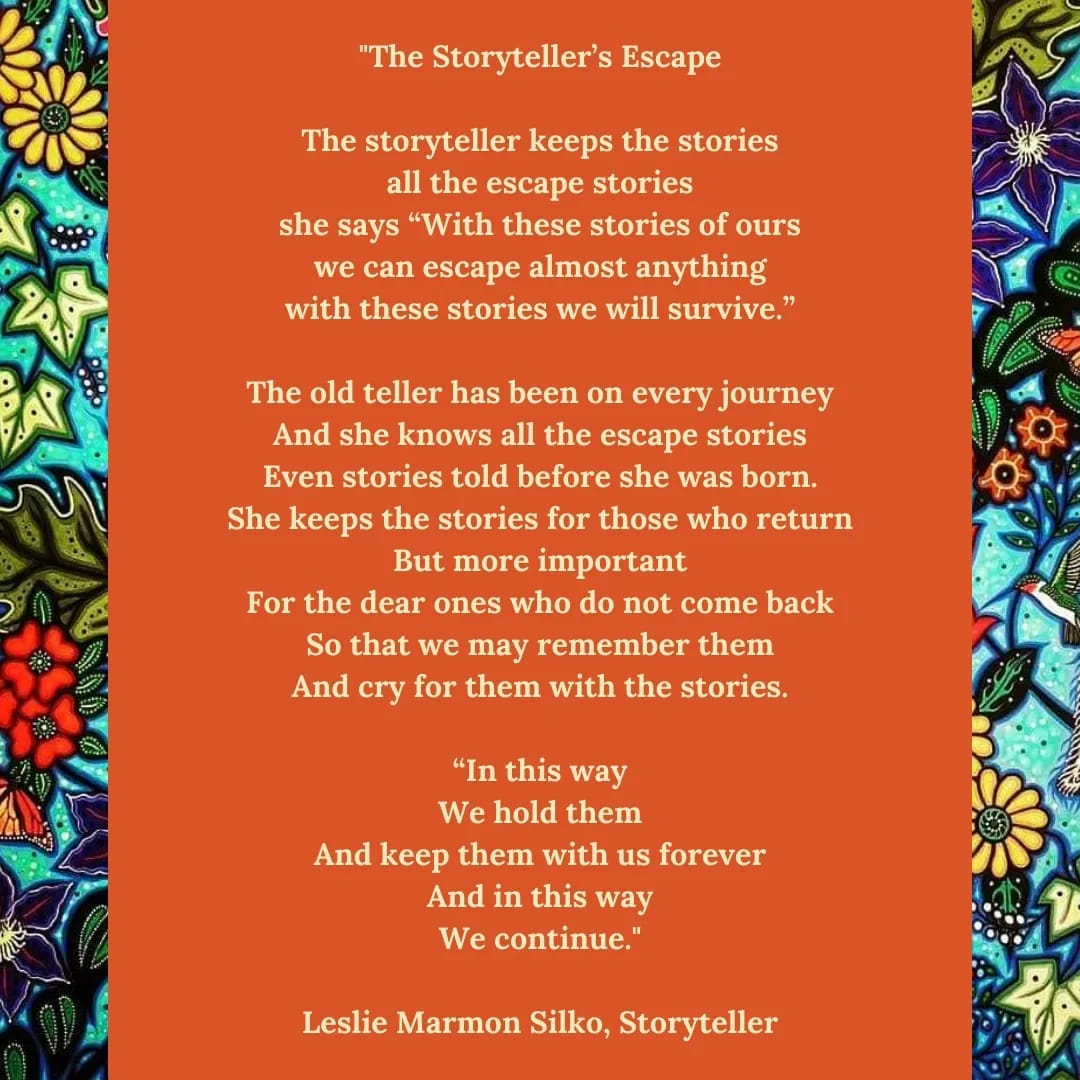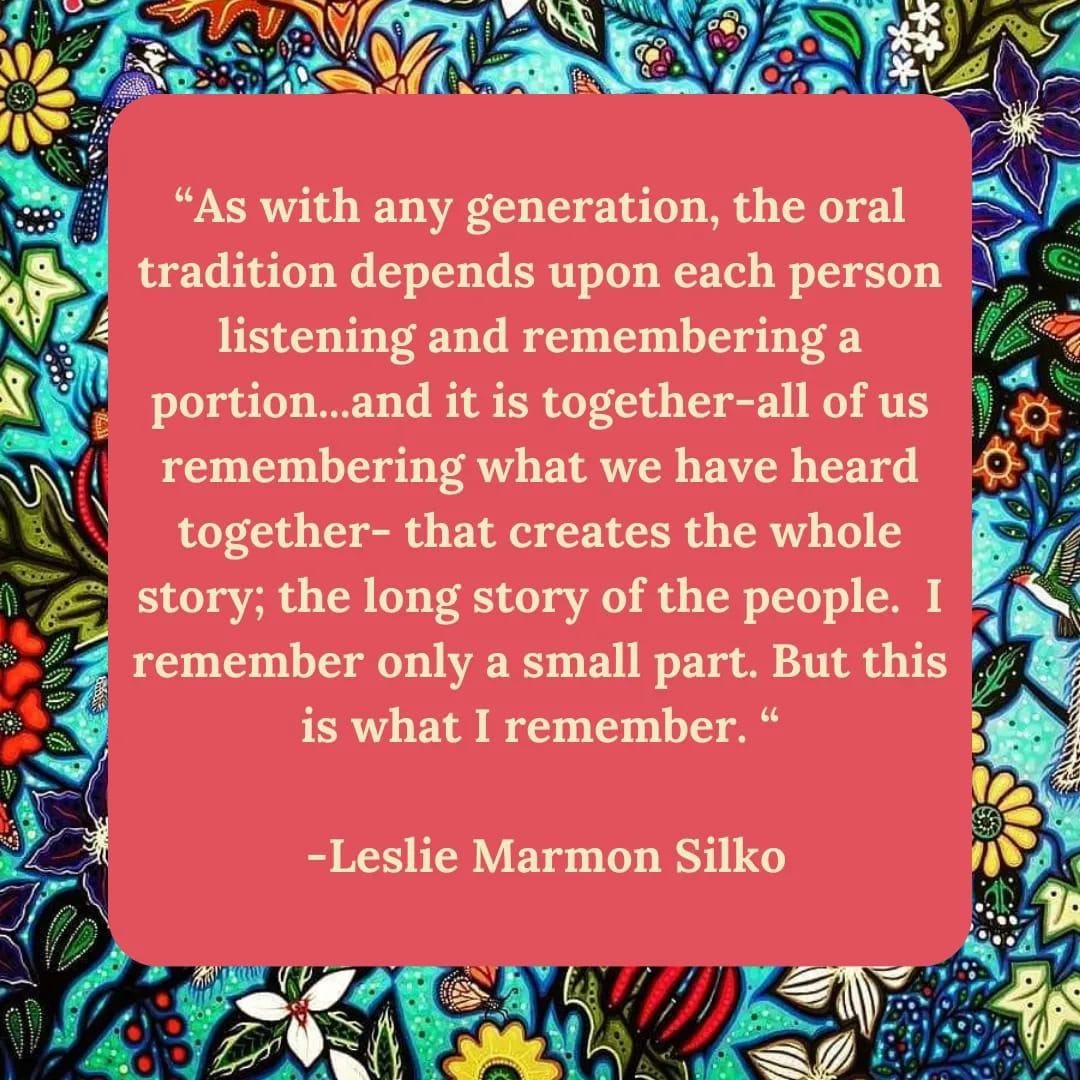Journaling as Resistance....
“Writing as writing. Writing as rioting. Writing as righting." -Teju Cole
"My generation is now the door to memory. That is why I am remembering"- Joy Harjo
I have a “Burn it all down” journal that is getting more and more filled as I witness the shock and awe tactics of a mind-heart-poisoned leadership who terrorize and lead with fear.
Now, my friends, more than ever, we must write down what we see, hear, and witness.
The powers that be will attempt to erase as much of the chronicles of this time as they can.
Writing and journaling in times of duress is a form of resistance. To capture and chronicle the time we feel unheard.
Reclaiming our agency through narrative has been done by countless people before us. We read their words of courage and tenacity, and they come back to us from ancestorhood to remind us of our true innate power as people of the Earth.
These stories inspire us to act even when we are enraged, fearful, exhausted, grief-soaked, or frozen—to resist the urge to allow silences to consume us and allow their false narratives to be carried forward as the marker and memory of time.
As everyday storytellers, we can use our writing to reckon with what scares and overwhelms us. In many ways, our writing can sow seeds into the collective that is the only antidote against intolerance and fosters understanding and empathy.
“The struggle of man against power is the struggle of memory against forgetting” -Milan Kundera.
Here we are, the mycelial underground story-catchers, the ones who tell the stories of joy and pain, the full spectrum courage of the resistance to the ever-growing fascist realities.
What are you doing to chronicle these times we find ourselves living in?
Are you journaling, painting, singing, writing, speaking, photographing...In what ways are you telling the story of this time?
What will we leave for our descendants to learn from what we are bearing witness to?
Outside of any conforming lines or boxes, it must be shared, written down, passed down.
We uplift Indigenous, Black and Brown voices. We sit and listen. We decenter ourselves to cultivate understanding and practice empathy. We formulate questions that help us deconstruct and untangle the threads of conditioning and trauma.
Then, we practice the creative art of self-reflection to help us digest and metabolize what we are grappling with in all that we are seeing, feeling, and hearing. I know for me, it's writing, painting, and talking it out with trusted friends. This is how I continue to grapple and digest what I am experiencing, witnessing. Writing helps me to heal the wounds of moral injury of living in late-stage capitalism, and helps me to empower myself into action.
We owe this to ourselves, our ancestors, and our descendants.
We must chronicle these times, in all ways, including on pages, canvases, and mediums outside of social media.
We need the messy, unedited drafts, the endless morning pages, and the uncensored narratives to endure for those yet to come. The burn it all down tear-stained journal pages. Write it down. Be specific. Be courageous.
These are the voices we need our descendants to see/hear/read.
Not from those in power who wish to control and shape history.
“At a time.. when so many of us believe our voices are being diminished, this is the time for writers to tell the untold stories. We can amplify the voices of the unheard. We can change minds and hearts. Sometimes that feels like an added burden when we’re already depleted and perhaps disillusioned. Still, I believe that the choices we make about what to write and what stories we tell are how we reclaim our power. That’s where our hope lies. Yes, that’s political and I don’t apologize for it.” -Nancy Johnson
We are gathering the successive layers of the Peoples' histories.
We may not have the capacity to edit and refine all the drafts and narratives in the moment, but we need to chronicle now while we have all the sensory memory.
How are you engaged in reverent and fierce curiosity to gain greater understanding and document and chronicle these times?
What mediums are you using to carry your thread of the story of these times?
Who are the storytellers on the marginal edges, the Black and Brown historians, and the storytellers who are sharing the compelling perspectives? The ones that are illuminating the " show-way" or escape routes out of empire?
Show Ways quilts once served as secret maps for freedom-seeking enslaved people. What are our modern-day "show way" quilt stories?
Who are the ones asking the essential questions that guide our sense-making towards a balanced kin-centric and relational culture of care ?
"It's no secret that the stories we tell are important — they give shape to our experiences, they document our humanity, they cultivate our sense of possibility — but I realize now that I'd underestimated the mental work that "telling your story" actually takes, the kind of sustained effort needed to resist everything this country tells you about how marginalized or unimportant you are without the white gaze.....I've also found timeless models in the work of Toni Morrison and Jamaica Kincaid and Zora Neal Hurston, whose work focuses on the experiences of black people, black women in particular, and isn't all that concerned with what non-black readers might think or say. They show me on every page what it means to be imaginatively free. It is, like every form of freedom, something I don't take for granted." -LJ Alonge
How can we lean into building a tapestry of collective memory again towards a vision of restored cultural sanity so that we don't bear the crushing burden of feeling like we're the only ones bearing witness?
The stories are not ours alone to carry.
Memory has never been an individual responsibility.
Accountability and justice require us to bear witness, chronicle, and truth telling, but we don't have to walk this path alone.
Please tag your favorite artists and storytellers in the comments below …
I will write a secondary post listing some of my favorite storytellers next week, collating some of the ones you have shared in the comments below…






Thank you for your words that were a simple yet brilliant reminder of what we can do right now... chronicle what we see happening. As an elder in age, a noticer of details, and a long time student and teacher of history, I saw glimpses of this coming ten years ago, yet it is still shocking to see the rapidity that the changes are now happening. Most of the people around me are so overwhelmed that they can't hear about what I am seeing happening now. I don't believe it is because they don't care, but because they simply can't bear to look at it. As for me, I must look at it full on, but yet I have not known what to do with what I am seeing that others don't want to hear. You have given me the gift of seeing what it is that I can do with all of that - that I can record it. And while I will still take other actions to address what is happening in the world, writing down the record will be, not only recording a roadmap for others, but it will also give me the gift of having a place to "set down" this heavy load in some way. Thank you.
I just came across this—hi Rowen! (I'm also Rowen!)—and had to reach out because my next newsletter, sitting in my drafts, is synchronically titled An Herbarium as Resistance. It's on the act of starting a herbarium and how learning the names of plants, documenting their forms, preserving their beauty—feels, in today’s world, like a radical act of resistance. I loved reading this and feel deeply connected to the same mycorrhizal network of thinking.
In solidarity,
R